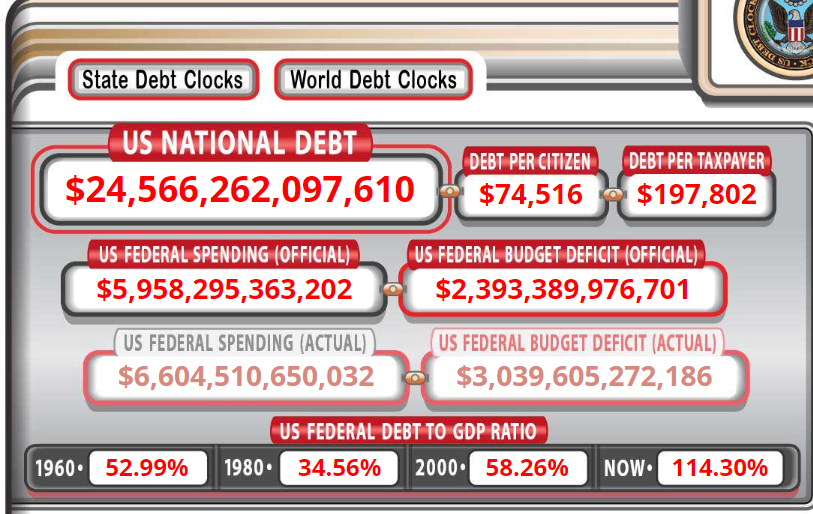If you have kids, or a 529, settle in.
You're going to be here awhile.
BUT, when you're done, you'll know more about 529 plans than:
-Your CPA
-Most CFP's:
-& definitely more than the people selling them.
However, in my financial practice, about 45% of my clients are parents who didn't save enough money for college,
have kids in high school,
& need some immediate help.
So this is my specialty.
Here is one example:
forbes.com/sites/robertfa…
I don't recall them having a contest or anything where I was named this, but I do know a LOT about the subject.
AND, since today is 5/29,
we're going discuss them.
They are simply a way to save for college tax-advantaged:
->you put in after tax dollars, but your money grows tax free, and can be withdrawn tax free,
as long as it is used for ‘qualified college expenses’ according to the IRS.
hence the name.
There is over 319 BILLION dollars in these accounts, and 13.3 million of them are in existence.
The average balance is $24,153, by the way.
they definitely have a dark side, and substantial flaws that you should know about.
Here are 5 or 6 of them:
So, you can be penalized for saving.
Yes, I’m aware that the federal formula says they’re only supposed to count at 5.65%....but that only applies to FEDERAL aid…
...meaning they can DIRECTLY reduce what a school will offer on a DOLLAR FOR DOLLAR basis…..they’re just ‘kind’, and spread it out over 4 years
Even if you lose a job, if you have ‘too much’ money in one of these accounts, a school may expect you to spend the 529 money first instead of helping you immediately, punishing you for saving.
Why?
Because now the state gets involved and gets a percentage of the management fees of this account.
Both the investment company AND the state that sponsors it get a cut.
CNBC recently ran the headline ‘Commissions are Devouring Your 529 Gains’.
Of course, their solution was to select no and low-load funds.
However, that brings us to the 3rd problem:
Which makes it MUCH harder to manage risk.
The basic premise is that a 529 is good because you don’t pay taxes on the gains.
However, another problem is picking the right BALANCE of funds...
Too much risk and you may lose money right before your student heads off to college.
The market may not recover before their time at school is finished, so you completely lost ALL the value of having it.
If you had $50,000 in an S&P Index 529 in October of 2007, before the market crashed,
You would have less than $25,000 by March of 2009…..
and your account would not have been worth $50,000 again until around March….of 2013!
They would have graduated before your college savings account EVER reached break even again.
Would you have told them to stay home until it recovered?
Yes, it SOUNDS ridiculous because it is.
because you are withdrawing the money over such a short widow of time (vs. a retirement account that would get drawn down over decades) that any losses really hurt you,
You need to take risk to make enough gains to pay the fees and make the tax sheltering portion worthwhile.
The 529 Paradox, I call it.
Which is yet another reason I recommend my clients avoid these accounts like the plague.
Yep, if you save TOO much, the government will have you paying tax on the money….you can’t simply use it for retirement.
Here are your options:
-Withdraw the money to pay your loans down…and pay tax and penalties
-Save the money as long as you can…and pay tax and penalties;
OR
Yes, there are many ‘professionals’ who actually suggest this….morons!
Look, I hate taxes as much as the rest of you, (you guys obviously know this about me, right?)
But, GIVING money away to save some tax is ridiculous.
SMH.
Finally, you can’t pay the money back and then use it for retirement and withdraw tax free for THAT as well.
This may not sound like a big deal, but with some 529 alternatives, you can.
529 plans are NOT my preferred vehicle for saving for college.
They carry too much risk,
-The fees are too high,
-You have NO guarantees that the money will be there when you need it,
-and you’re screwed if you actually save too much.
the schools may penalize you as well, and MANY families that thought they were not eligible for need based or merit financial aid are pleasantly surprised to find out that they are,
And they save a TON on the cost of college.
I'll also post a link to my class on how to get money for college.





